Not only state-owned banks, but also joint-stock commercial banks are promoting green credit to support environmentally friendly and sustainable development projects.

Green credit continues to increase
According to the latest statistics from the State Bank, outstanding green credit reached over VND 704,244 billion, accounting for 4.3% of the total outstanding debt of the entire economy , focusing mainly on renewable energy, clean energy (accounting for over 37%) and green agriculture (over 29%). The average growth rate of outstanding green credit reached over 21.2%/year in the period 2017 - 2024, higher than the credit growth rate of the entire economy. Of which, outstanding credit assessed for environmental and social risks reached VND 3.62 million billion.
In the group of banks focusing on green credit, the Joint Stock Commercial Bank for Foreign Trade of Vietnam (Vietcombank) strives to build a green financial infrastructure through mobilizing and allocating capital flows towards environmentally friendly projects, such as renewable energy, clean agriculture , sustainable transport infrastructure, etc.
Vietcombank's total green credit balance will grow by an average of 4 times in the period from 2020 to 2024, from more than VND 11,765 billion in 2020 to nearly VND 47,600 billion in 2024, accounting for 3.3% of the bank's total outstanding loans. Of which, capital funding for renewable energy and clean energy projects accounts for 84.7% of green debt.
Vietcombank is the pioneer bank in Vietnam to issue green bonds in the banking system, with 2,000 billion VND of green bonds successfully issued. The bank was also assigned by the Ministry of Finance to serve over 300 ODA loan projects with a total converted value of nearly 30 billion USD, including key projects that are the driving force for the country's socio-economic development, in all fields such as infrastructure, transportation, health, agriculture...
Similarly, the Vietnam Bank for Agriculture and Rural Development (Agribank) has established a Steering Committee for ESG implementation (a set of three standards used to measure the level of sustainable development and the impact of businesses on the community) in the system to plan strategies and action plans to implement the application of ESG standards at Agribank, focusing on promoting the development of green credit and green finance.
According to the bank representative, the bank focuses on developing green credit products in the agricultural sector, including the Loan Program linking production, processing and consumption of high-quality and low-emission rice products in the Mekong Delta according to the Project on sustainable development of one million hectares of high-quality, low-emission rice cultivation associated with green growth in the Mekong Delta by 2030.
Banking industry accompanies green transformation projects
At the Joint Stock Commercial Bank for Investment and Development of Vietnam (BIDV), green credit is actively deployed through preferential loan packages, financing renewable energy projects, clean energy, green building renovation and environmentally friendly production activities, aiming at sustainable growth. The bank has made significant progress, achieving a large green loan balance, accounting for an increasing proportion of total outstanding loans, and is committed to accompanying businesses on the green transformation journey.
BIDV is also a market leader in financing renewable energy and clean energy projects such as wind power and solar power. The bank has launched a VND10,000 billion credit package for projects that have been granted prestigious green certification, offering competitive interest rates and preferential financing policies.
In addition, BIDV cooperates with a number of businesses to support the standardization of environmental data, improve compliance with international standards, thereby effectively reviewing and disbursing green loans. In particular, BIDV receives climate credit lines from international financial institutions to finance green growth sectors.
BIDV leaders informed that the bank aims to become a net zero bank by 2045, demonstrating a strong commitment to sustainable development and green growth. The bank will also continue to research and develop green credit support programs to accompany businesses on their green transformation journey, contributing to economic transformation.
A representative of HSBC Vietnam also said that over the years, HSBC has actively accompanied the green transformation and sustainable development process in Vietnam, through the synchronous implementation of many solutions such as providing green financial products and services, financial support for renewable energy projects. In addition, HSBC Vietnam also sponsors many forums, participates in global initiatives on green finance, aiming at the goal of carbon reduction and environmental protection.
To continue promoting green credit in the coming time, according to Director of the Department of Credit for Economic Sectors (State Bank) Ha Thu Giang, the State Bank will closely follow the socio-economic development goals, the National Strategy on Green Growth and the assigned tasks in the project and action plan on green growth and climate change response. In particular, the banking sector will closely follow the Prime Minister's directive on promoting the implementation of the National Strategy on Green Growth, to continue to develop solutions and policies to promote the sector's activities towards the goal of green growth and climate change response.
Specifically, the banking sector's policy is to review and improve the legal framework and guidelines on green credit, including proposing amendments and supplements to mechanisms and preferential credit policies to encourage the development of high-tech agriculture, organic agriculture, and agriculture following the circular economic model. Commercial banks continue to focus capital resources, creating conditions for businesses, especially private enterprises, to implement green, environmentally friendly projects and circular economic models.
The State Bank will also study the interest rate support mechanism and propose innovation in the method of State interest rate support for the private economic sector to borrow capital to implement green projects, apply the circular economic model...
Source: https://hanoimoi.vn/no-luc-thuc-day-tin-dung-xanh-716879.html



![[Photo] Da Nang: Hundreds of people join hands to clean up a vital tourist route after storm No. 13](https://vphoto.vietnam.vn/thumb/1200x675/vietnam/resource/IMAGE/2025/11/07/1762491638903_image-3-1353-jpg.webp)






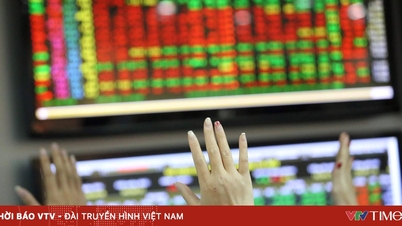
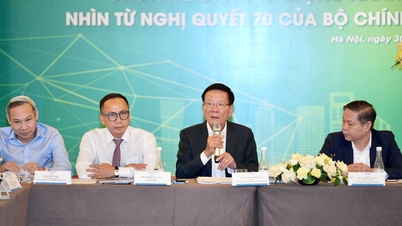

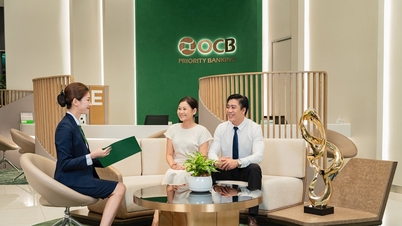



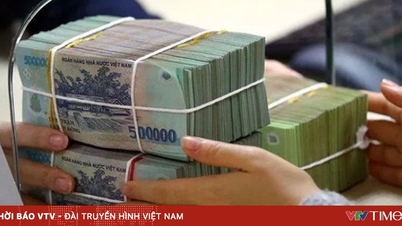





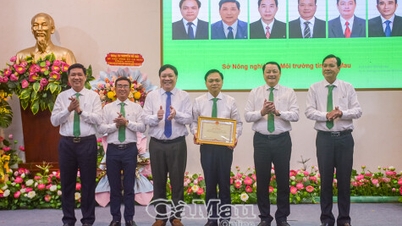









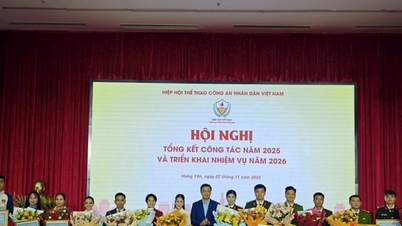


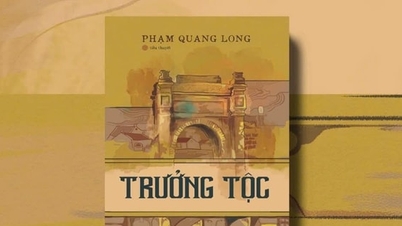























































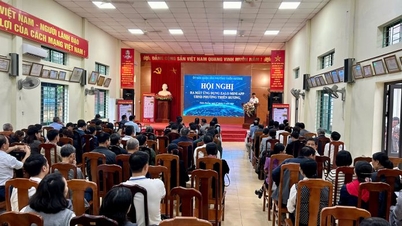

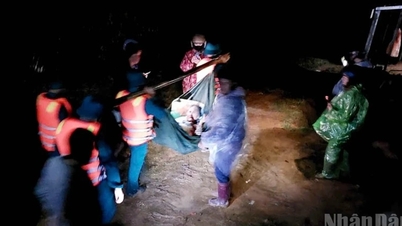












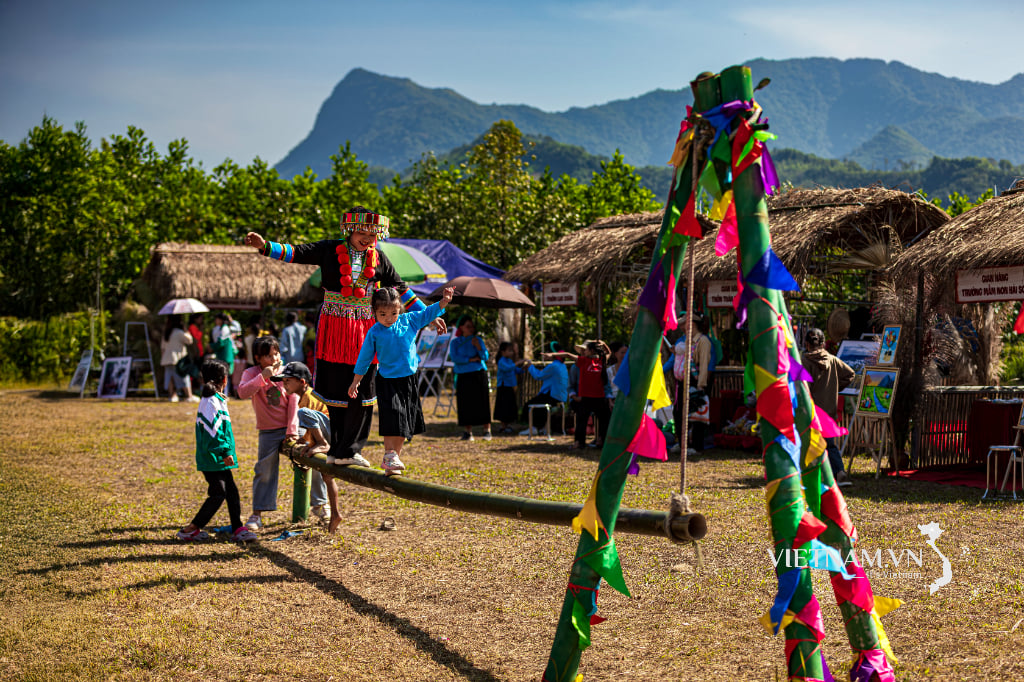

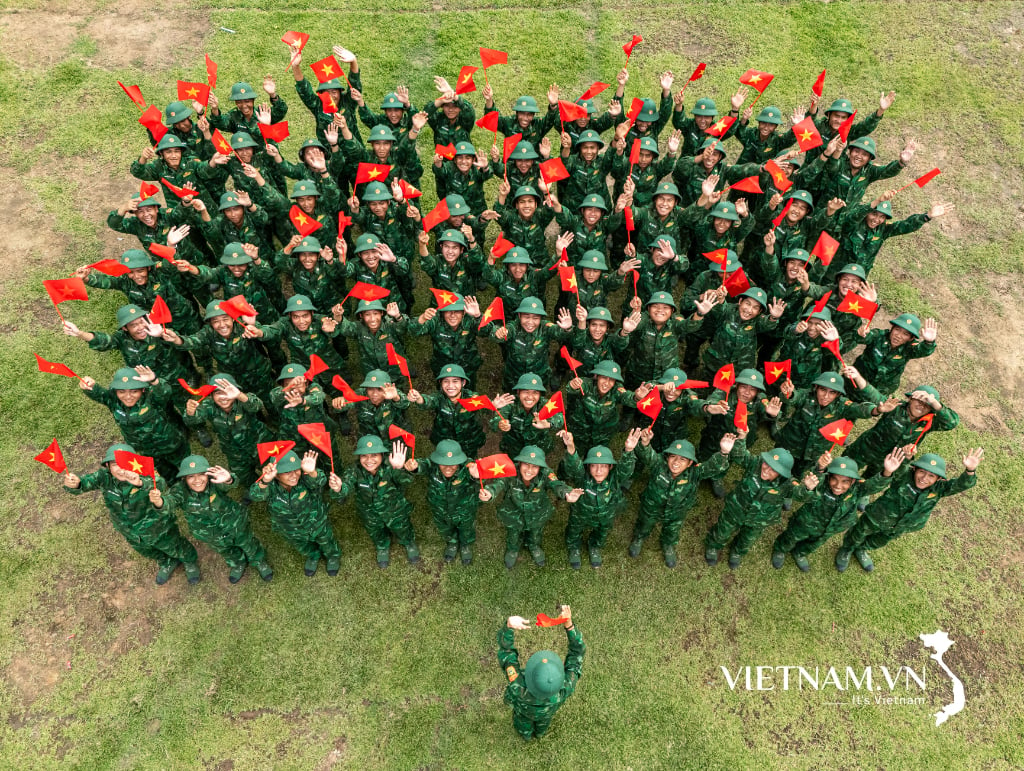

Comment (0)